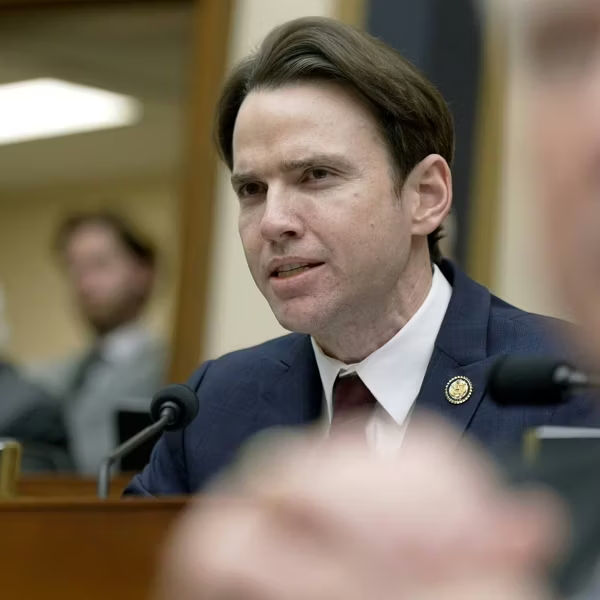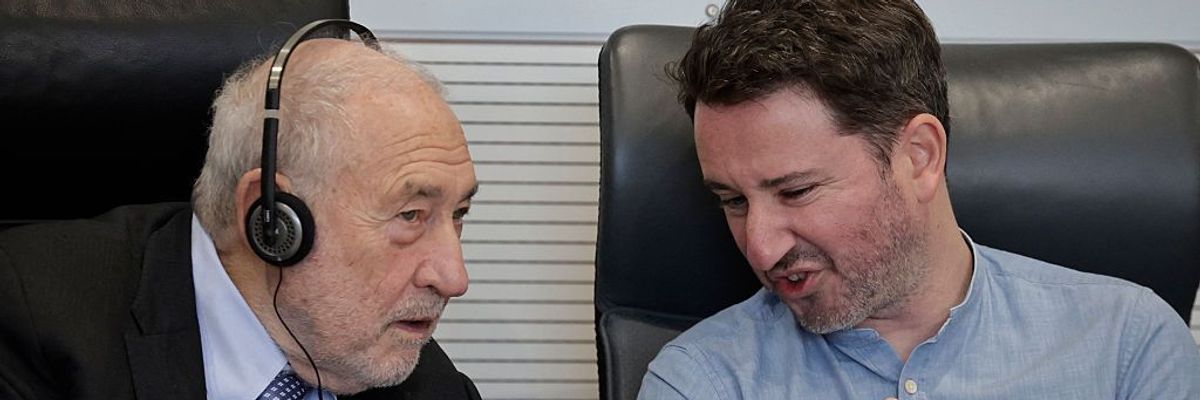On the heels of France losing yet another prime minister, Politico on Tuesday published an interview in which world-renowned French economist Gabriel Zucman argued that the recently departed leaders should have supported his proposed wealth tax.
Zucman, who leads the EU Tax Observatory and teaches at French and US universities, has advocated for imposing a wealth tax of at least 2% for the ultrarich in France and around the world. However, Sébastien Lecornu, who resigned as prime minister on Monday, after less than a month in office, did not embrace that approach, the economist noted.
Former Prime Minister François Bayrou also didn't support the "Zucman tax." He was in the post when the French National Assembly voted in favor of a 2% minimum tax on wealth exceeding €100 million, or $117 million, in February—and when the Senate ultimately rejected the policy in June. He resigned in early September, after losing a no-confidence vote.
Before both of them, Michel Barnier was prime minister. He resigned last December, also after losing a no-confidence vote. He, too, didn't embrace the tax policy, despite polling that shows, as Zucman put it, "there is a very strong demand among the population for greater tax fairness and better taxation of the ultrarich."
"The executive has so far remained completely deaf to both parliamentary work and popular democratic demands," Zucman told Politico's Giorgio Leali. "They didn't try to have a real dialogue with the opposition on this."
"The very wealthy individuals affected by this measure, and the media outlets they own, have spoken out very vehemently on the subject in an attempt to discourage the government from engaging in any form of reflection or discussion," he added.
On social media, Leali shared a quote from Zucman tying the former prime ministers' attitudes on the tax proposal and broader budget fight to the country's current political crisis—in which "increasingly isolated" President Emmanuel Macron faces pressure from across France's political spectrum to hold a snap parliamentary election or resign.
As Reuters reported Tuesday, "Resignation calls, long confined to the fringes, have entered the mainstream during one of the worst political crises since the 1958 creation of the Fifth Republic, France's current system of government."
Even Édouard Philippe—who, as France 24 noted, was "Macron's longest-serving prime minister from 2017 to 2020"—is urging him to step down, saying that the president must help France "emerge in an orderly and dignified manner from a political crisis that is harming the country."
After the anti-austerity "Block Everything" protests across France on September 10, Mathilde Panot of the leftist party La France Insoumise (LFI) announced that 100 members of Parliament endorsed a motion to impeach Macron.
LFI founder Jean-Luc Mélenchon said Monday that "following the resignation of Sébastien Lecornu, we call for the immediate consideration of the motion tabled by 104 MPs for the impeachment of Emmanuel Macron."
"Emmanuel Macron is responsible for the political chaos," he said, calling out "those in power" for failing to respond to not only the demonstrations on September 10 but also the union mobilizations on September 18 and October 2.
"The president is rejected by public opinion, which desires his departure, and he has lost the support of ALL the parties in his political coalition," Mélenchon added Tuesday. "Why does he remain? A return to coherence for the country requires his departure and a return to the voice of the people."




